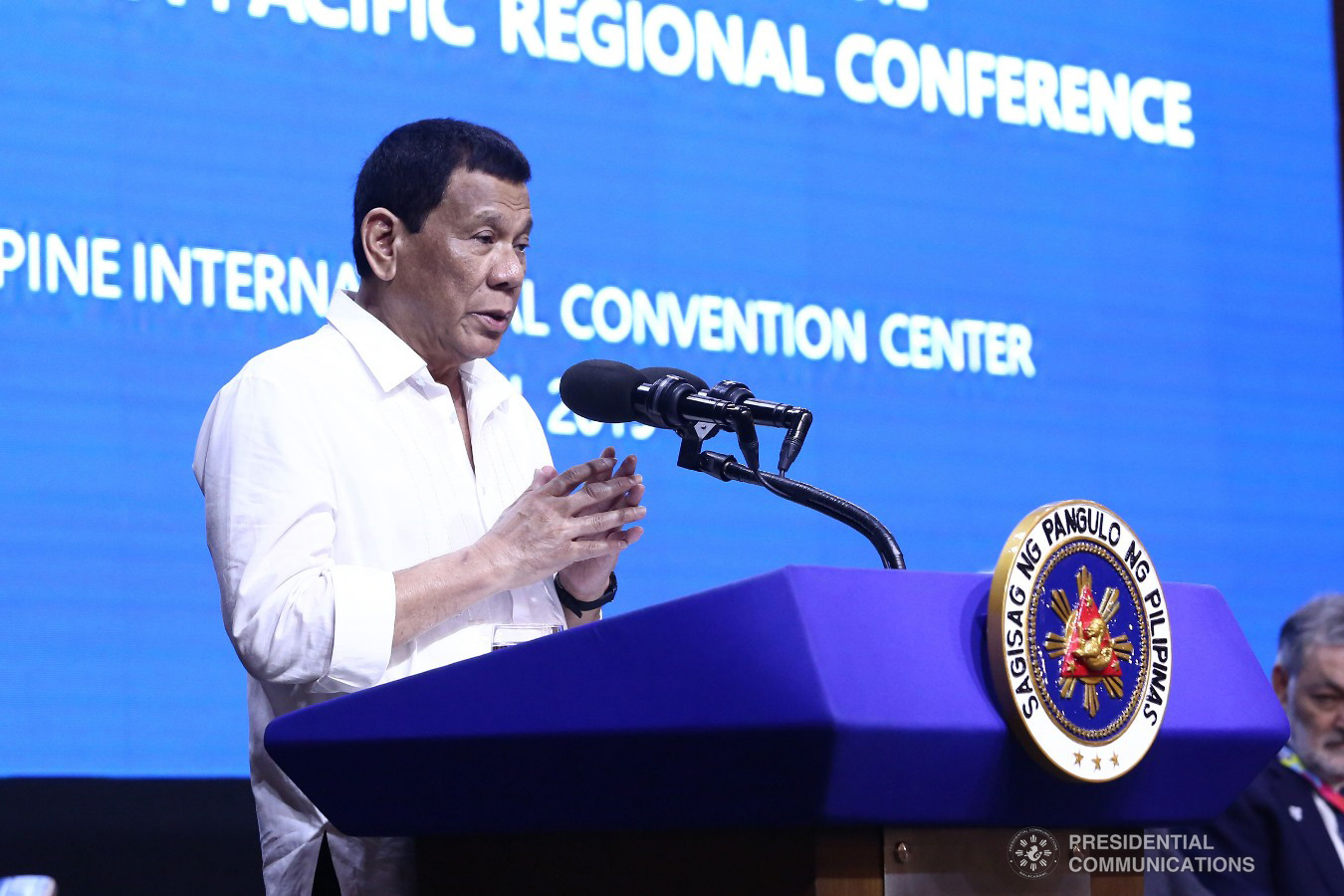
OTTAWA — Canada’s garbage is coming home from the Philippines.
A spokesman for Global Affairs Canada told The Canadian Press on Thursday Canada made a formal offer earlier this week to have more than six dozen containers of Canadian household trash returned to the Port of Vancouver. The containers arrived in a port near Manila in 2013 and 2014 improperly labelled as plastics for recycling, and have sat in limbo ever since while the two countries disagreed about how they should be disposed of.
The Philippines’ Bureau of Customs found that the containers contained only about one-third plastics that could be recycled. The rest was mostly household garbage and electronic waste, including used adult diapers and kitchen scraps.
The Canadian offer came around the same time as the Philippines ordered its Bureau of Customs to get the containers back on a ship bound for Canada no later than May 15.
“We’ve recently made an offer to quickly repatriate the waste back to Canada for disposal and we await a formal response from the Philippines government,” said spokesman Adam Austen.
The developments move the two countries closer to a solution to the diplomatic dispute that has seen Canada spend nearly six years trying to get the Philippines to deal with the trash there. The Filipino government pushed back, arguing the shipments were a violation of the Basel Convention, an international treaty forbidding developed nations to dump their waste on the developing world.
Last month, Filipino President Rodrigo Duterte threatened to declare war on Canada if it didn’t take back its trash and set this week as a deadline for an end to the impasse.
His spokesman later said the threat of war was just a figure of speech to underscore how upset Duterte is about the matter but the Philippines did suggest 70 years of bilateral relations with Canada were at risk because of the trash.
Duterte’s foreign secretary Teodoro Locsin is giving him a run for his money on his combativeness, though, saying on Twitter this week that the government will “nail” the Filipino company that imported the trash to begin with.
He said he was going to “reject the suggestion to ship them out in a container of garbage,” however, because “that’s too much pollution.”
On Wednesday, Locsin said the garbage would leave the Philippines no later than May 15, “no ifs or buts.”
Prime Minister Justin Trudeau has been pushed about the garbage on two visits to the Philippines, in 2015 and 2017. He said the first time that Canada had no legal way to force the Canadian company to deal with the trash, then in 2017 said it was “theoretically” possible for Canada to do something.
But it was another year before a working group was established between Canada and the Philippines to sort out the matter. The central disagreement was over who would pay for the shipments, with Canada arguing it would only take responsibility once the containers were back in Canada. Canada has argued the Filipino importer should cover the return shipping costs.
Austen did not say what the details of the Canadian offer were, including who will pay for the garbage’s trip back across the Pacific or how much it will cost. Once it’s on Canadian soil, though, Environment and Climate Change Canada will be responsible for ensuring the waste gets disposed of properly.